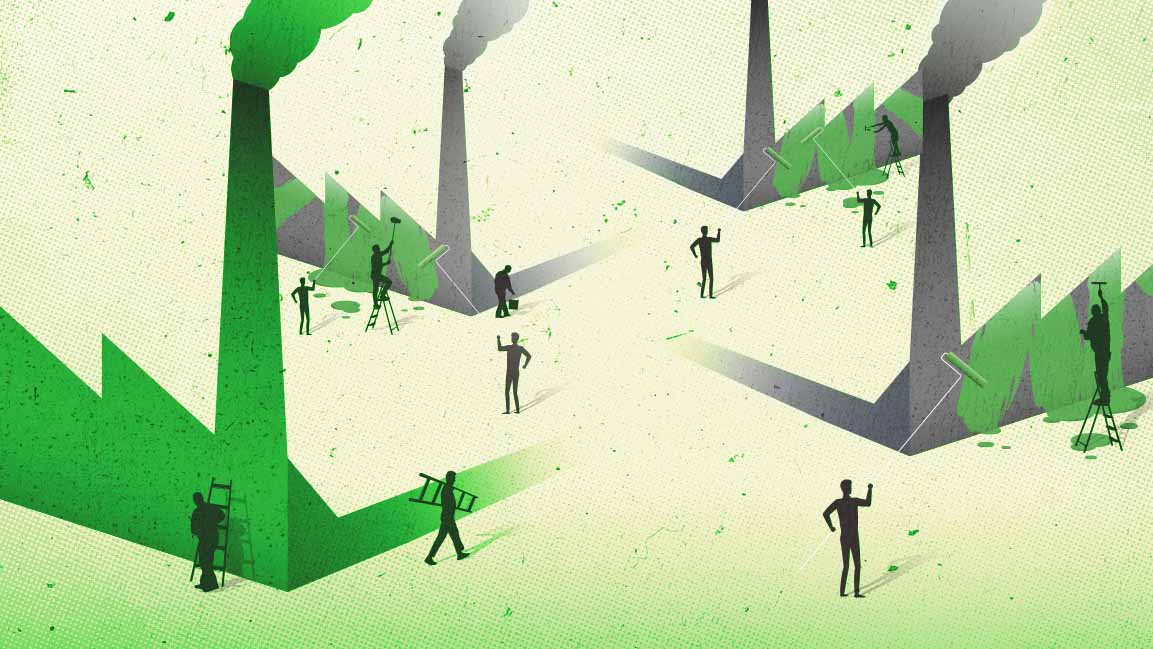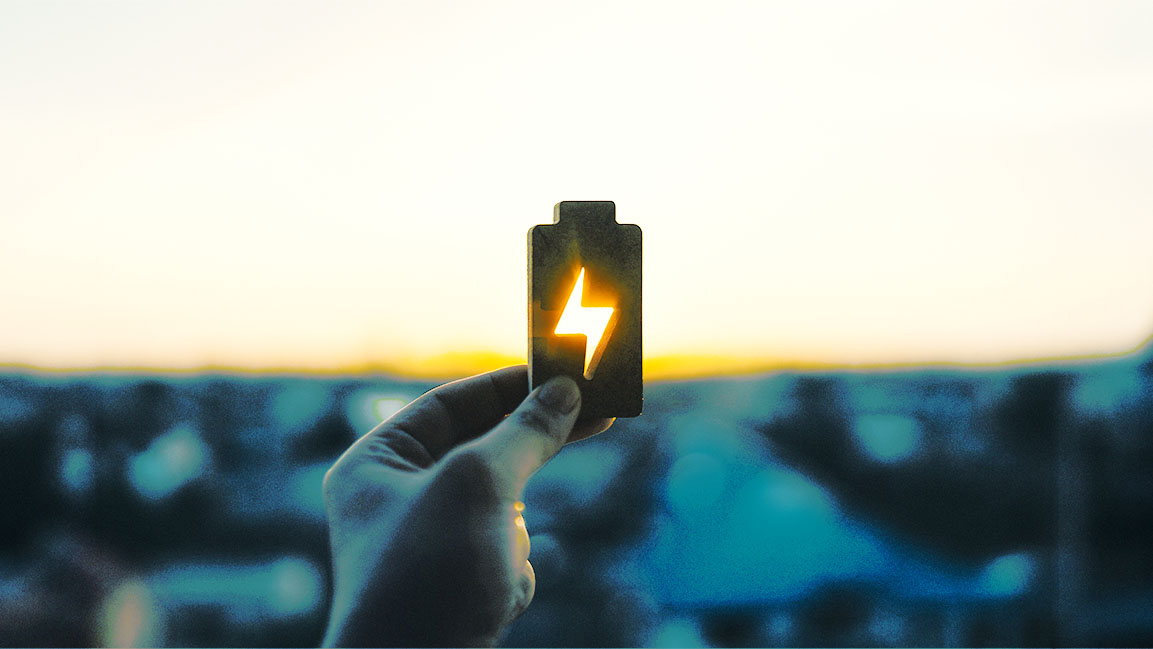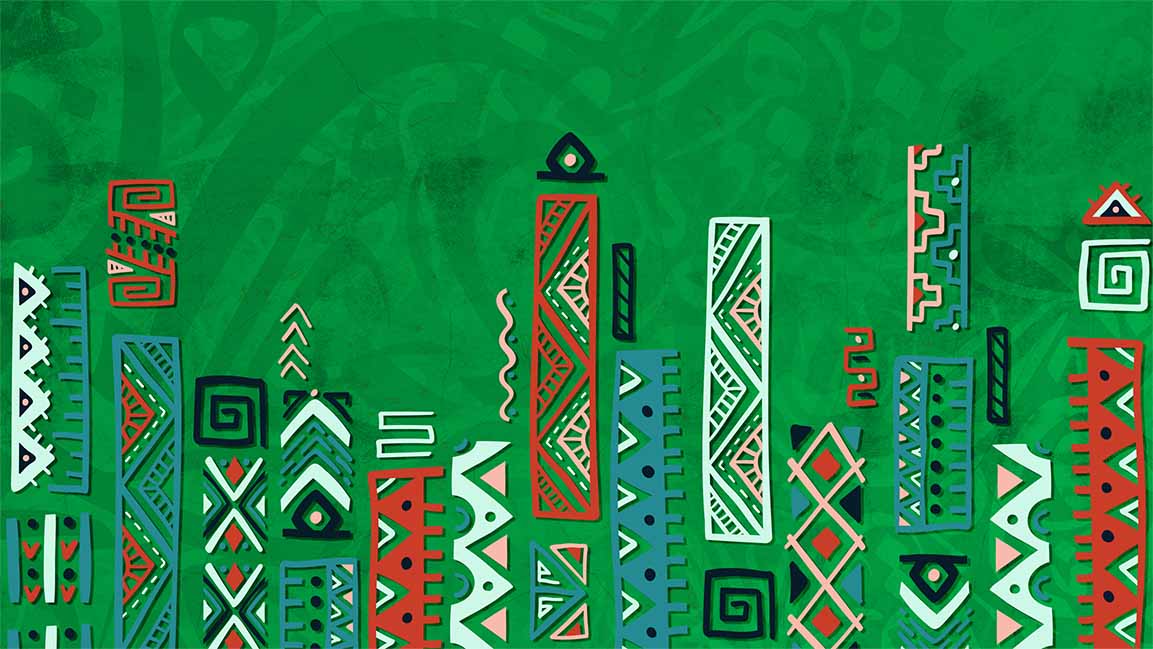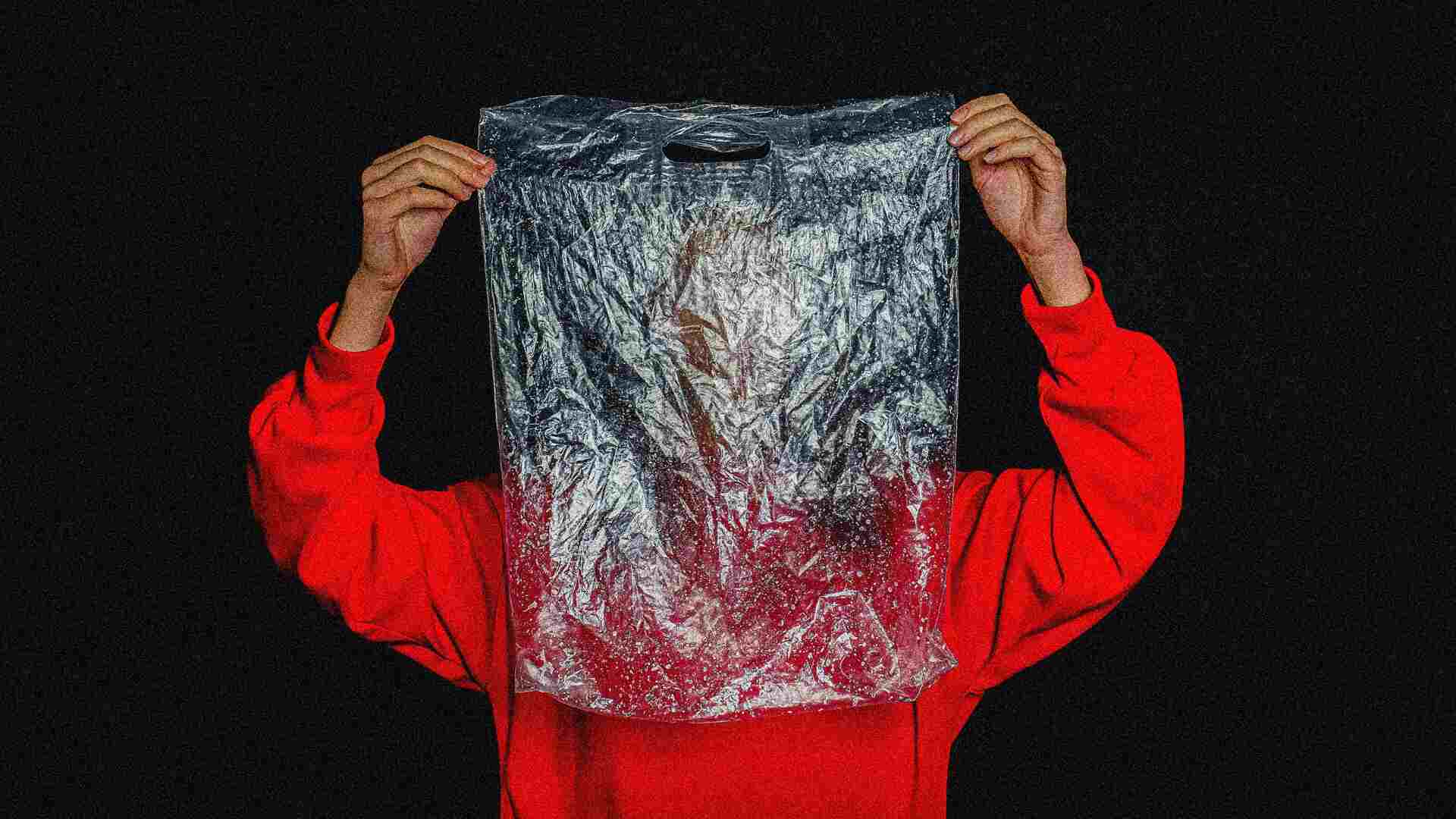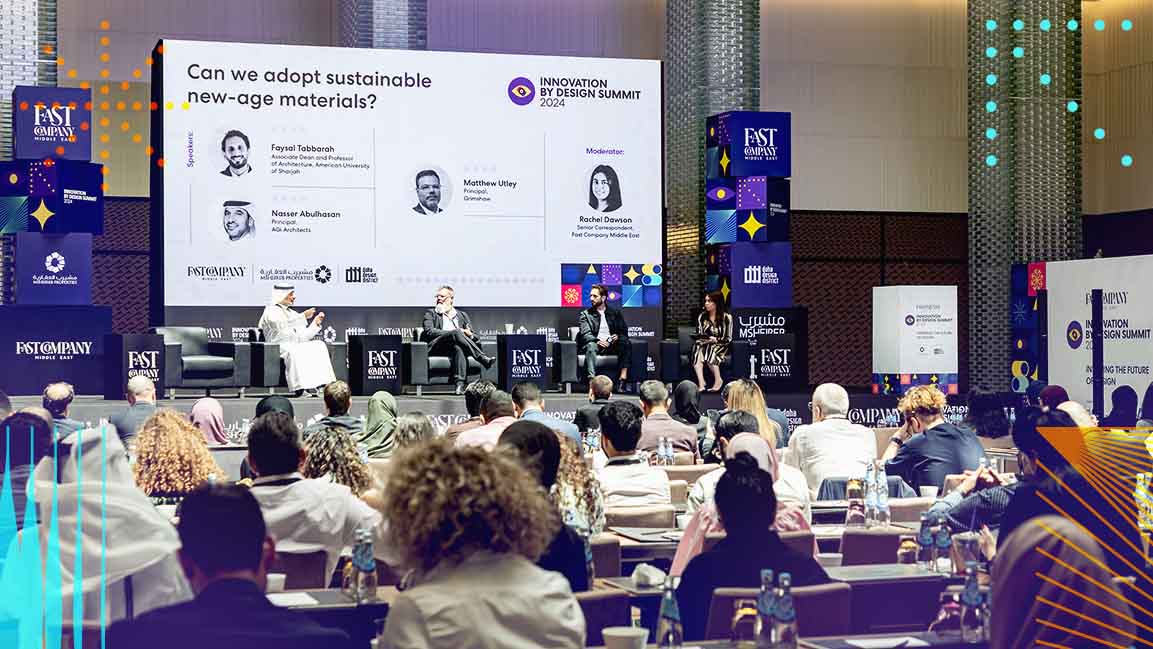- | 10:15 am
What does real sustainability mean to the Middle East?
What is the future of our green planet? A world where corporations, governments and communities can sustainably prioritize growth without compromise, said experts at the World Changing Ideas Summit.
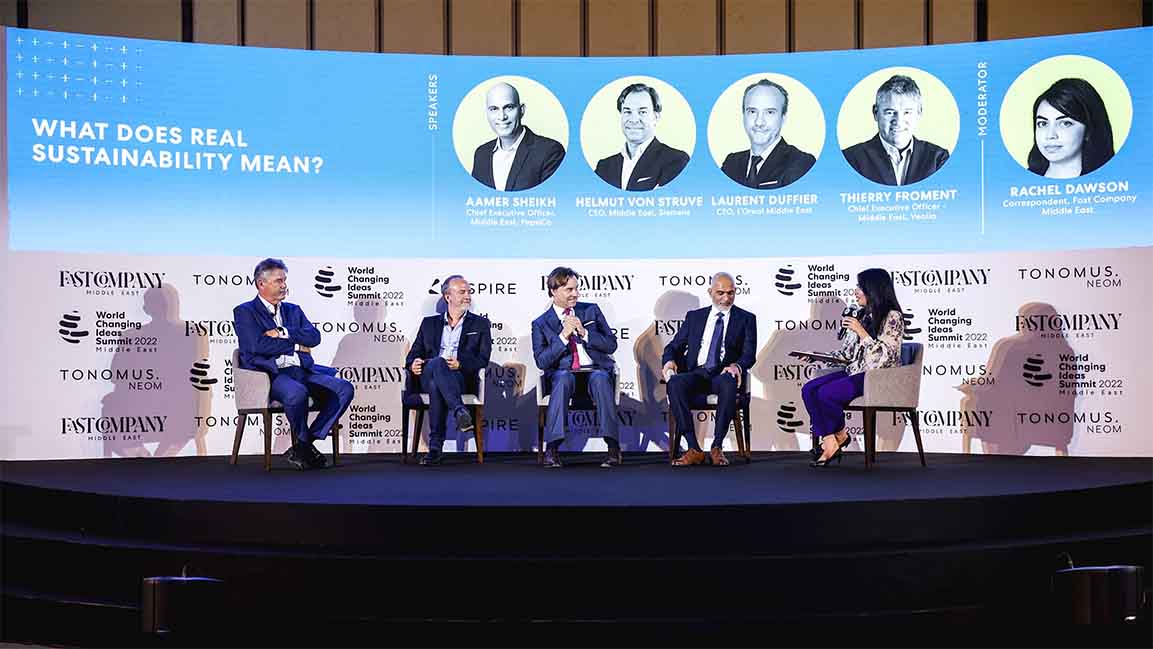
As the pandemic reshaped the Middle East’s economic landscape, the region started to reach tipping points on sustainability. With two climate summits branching out of the Arab world – the recently concluded COP27 held in Egypt and the upcoming COP28 in the UAE – there has been an accelerated focus toward the clean energy transition. Governments and corporates realize sustainable development is indispensable to the future of the region’s economic prosperity and are taking concrete action plans.
Over three-quarters of the global economy has national commitments to reach net-zero greenhouse gas emissions by 2050. Approximately 2,000 companies have joined the race to net zero. Still, there’s a risk that many corporations and governments aren’t acting swiftly enough. Amid all the furor of greenwashing claims – the Arab region finds itself at the helm of a green renaissance. Why must a green energy transition emerge from a region so heavily dependent on fossil fuels?
Why not? Debated experts at the World Changing Ideas Middle East summit. Establishing that collaboration and cooperation are the linchpins of true sustainability.
The experts also addressed how sustainability can be made more sustainable, holistic ESG approaches, and the repercussions for sustainability in the region.
WHAT IS SUSTAINABILITY?
When speaking about sustainability, Aamer Sheikh, CEO of PepsiCo Middle East said it is essential to consider a fundamental question, “What we consume on this Earth, how are we giving it back to make it net neutral?”
He added, “There is so much we’re taking from fossil fuels to water to how we grow our food and use those resources. Sustainability involves looking at how we leave this planet better than we found it. That means being evangelical about it on a personal and professional level.”
Echoing his sentiment was Helmut von Struve, CEO of Middle East, Siemens. “It’s not just about reducing our environmental footprint but also maximizing impact and contribution to the overall health of the planet”.
As a tech company with a legacy of 100 years, von Struve added, Siemens will contribute to the continuous sustainable transformation and enable growth without emissions.
“Sustainability is linked to growth because growth is at the heart of sustainable development. The Earth’s population will continue to grow, so there is no alternative to growth and progress, but it has to be done sustainably,” said Laurent Duffier, CEO of L’Oreal Middle East. “We believe in coupling growth with impact”, he added.
GREEN PROGRESS
Sustainable profit – a metaphor for some, but panelists agreed that the two words could go together. Prioritizing sustainability would bring major dividends for the company, community and planet. A significant indication of the rewards of profit and the world going hand-in-hand is the implementation of a green GDP that is expected to roll out worldwide.
“Sustainability is at the heart of everything we do. We want to be the company of choice for ecological transformation. One of the top priorities is water reuse for the Middle East, where water is scarce. Most of the water in GCC comes from water desalination, so we’re trying to improve the energy efficiency of these plants. However, our efforts are hindered when wastewater is passed into water bodies and we are working to reuse this water to reduce environmental impact”, said Thierry Froment, CEO – Middle East, Veolia Water Technologies.
For sustainable plans to lead to concrete action, there is a need to ask tough questions about the economic prosperity of the Middle East, which has been heavily dependent on fossil fuels.
THE FUTURE IS GREEN
Regarding pursuing a sustainable path, experts noted that the problem is more complex. Growing climate concerns with the Middle East warming at twice the global average, posing severe economic challenges, make the discussion around the energy transition all the more vital.
“If a region like the Middle East, which is energy-rich, talks about sustainability, it showcases that people here care about it”, von Struve said.
“It is crucial to understand that if you are good at something, you need to disrupt it before anyone else does”, said Sheikh.
However, to achieve a shared vision, experts say for businesses, it is essential to collaborate. Citing an example of Expo 2020 Dubai and how it provided a platform for players like PepsiCo, Siemens, and more to collaborate to achieve shared goals would be vital to driving innovation and progress.
“Bring partners with common goals and shared visions. It is not just about signing an MOU but making visible development,” Sheikh said.
Froment cautioned that the approach to sustainability has to be long-term but efficient. “We need to act today, considering the climate crisis. Water is scarce, so recycle water as much as possible. It should be our priority.”
For the future, experts agreed, we need more diverse perspectives, knowledge, skills, and methods for approaching problems that can combine to advance human creativity and innovation.
Duffier said, “COP28 in the UAE will crystallize many things in the air. It will see strong commitments from the governments.”












